Find Help
More Items From Ergsy search
-
Cornea transplant - Your journey
Relevance: 100%
-
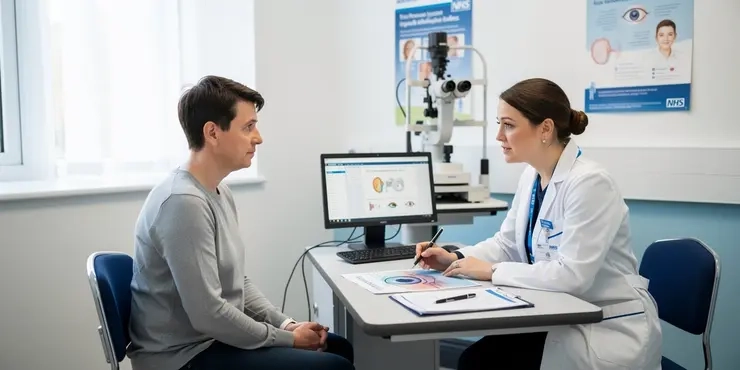
Cornea transplant patient Information
Relevance: 99%
-
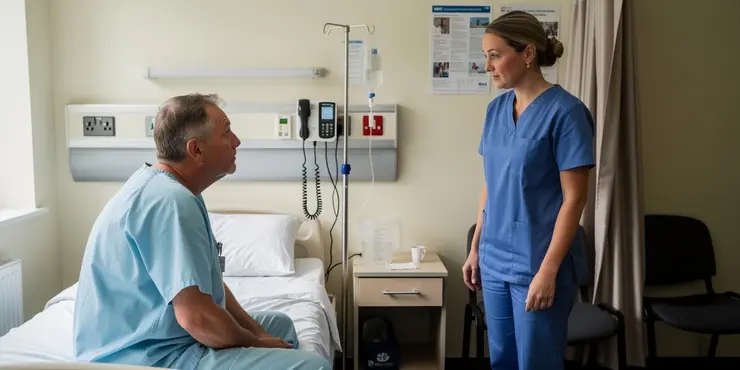
Having a kidney transplant
Relevance: 42%
-
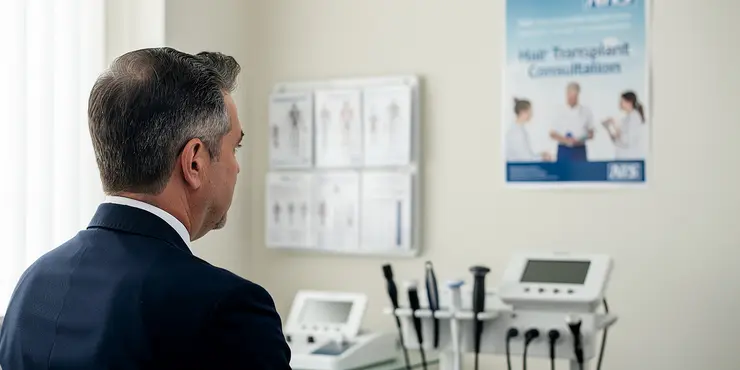
Hair Transplants in Turkey
Relevance: 41%
-
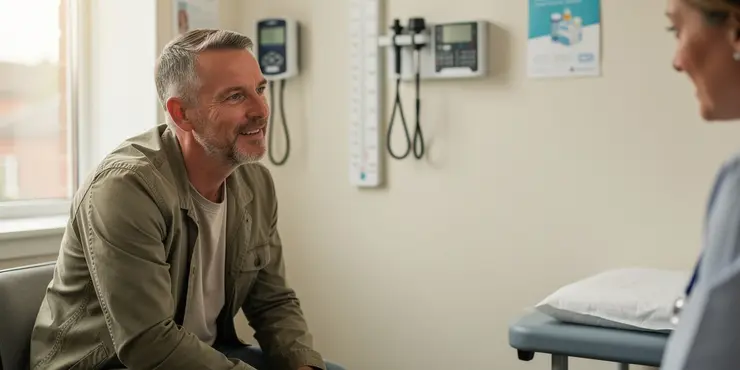
Bernard's Story - Lung Transplant
Relevance: 40%
-
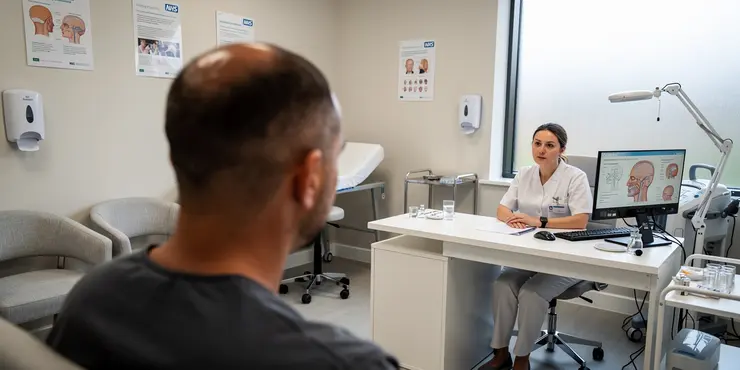
Are hair transplants in Turkey safe?
Relevance: 39%
-
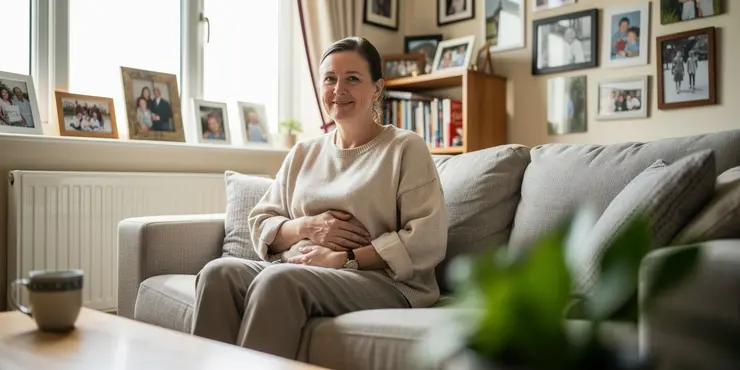
Patient Stories - Having a kidney transplant
Relevance: 39%
-
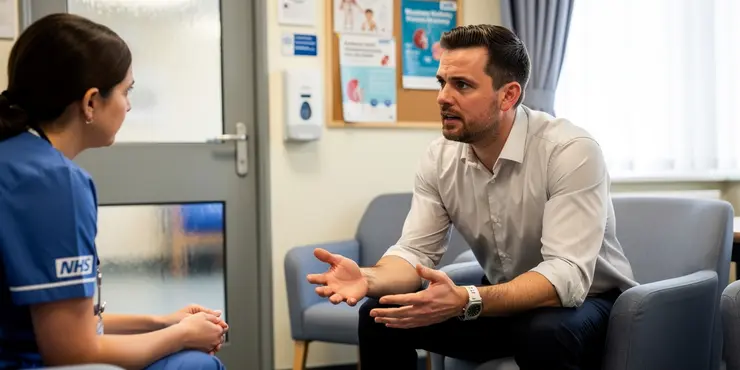
Matthew's Story: Kidney Transplant - Part 1
Relevance: 38%
-
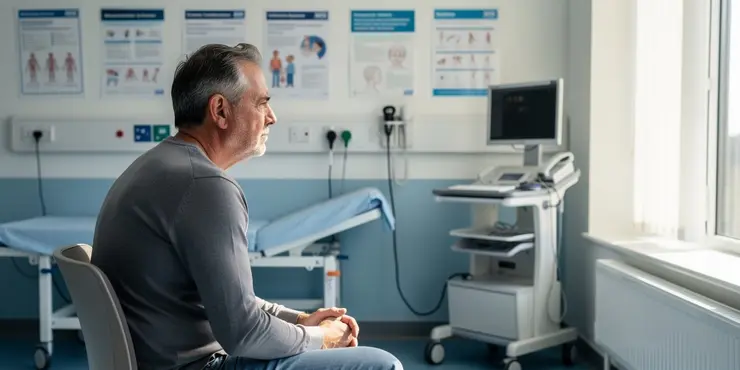
Liver transplant - Patient experience - Part 1 (Colin)
Relevance: 37%
-
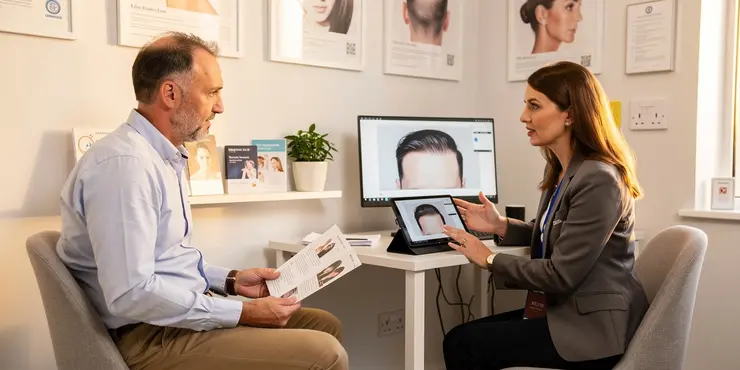
What is the cost of a hair transplant in Turkey?
Relevance: 37%
-
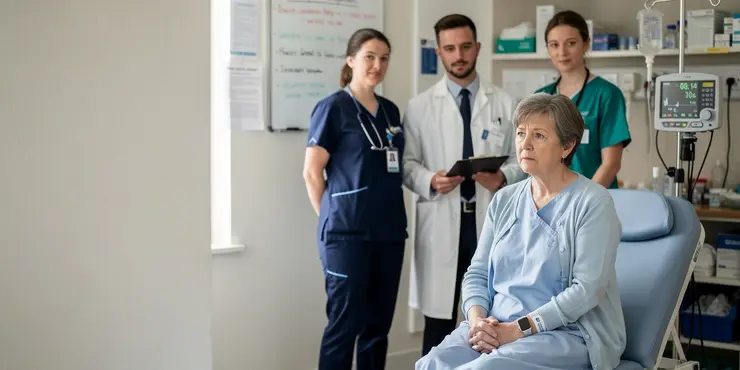
Liver transplant - Patient experience - Part 2 (Lynne)
Relevance: 37%
-
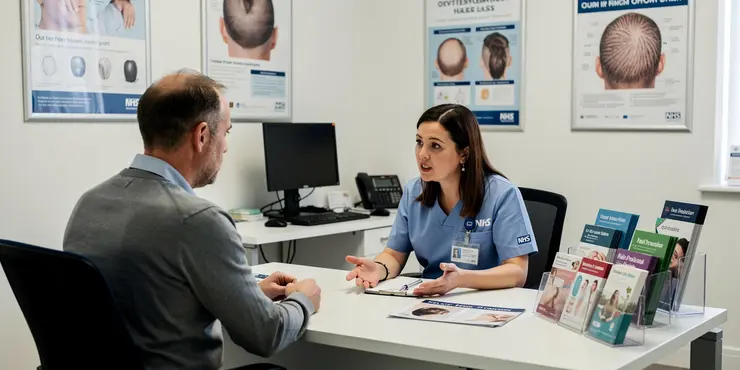
What are the risks associated with hair transplants in Turkey?
Relevance: 37%
-
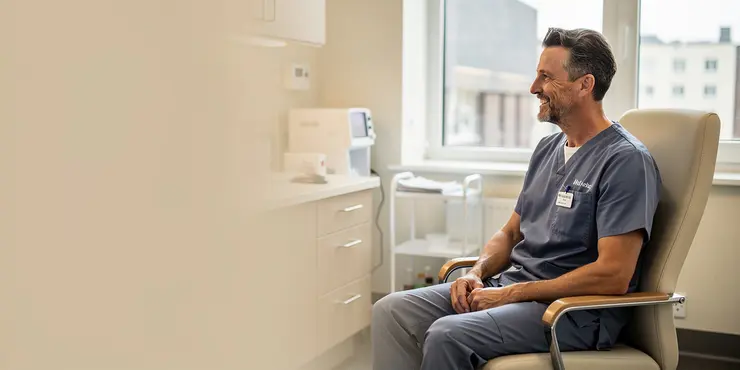
What techniques are used for hair transplants in Turkey?
Relevance: 36%
-

Heart-lung transplant patient shares her story
Relevance: 36%
-
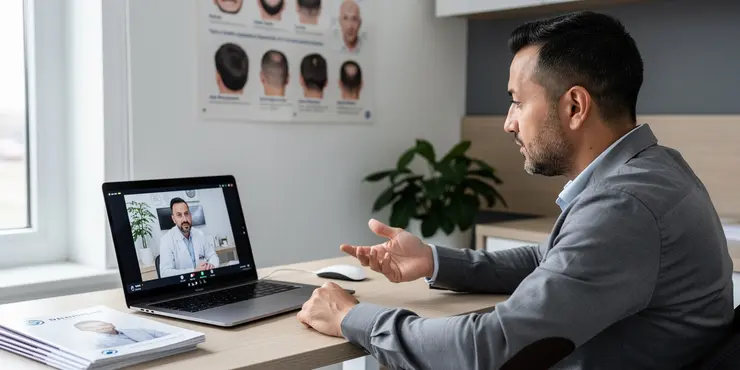
How should I prepare for a hair transplant in Turkey?
Relevance: 35%
-
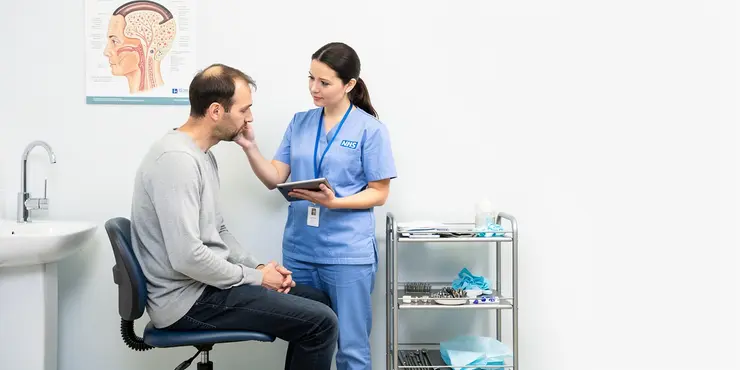
How long should I stay in Turkey for my hair transplant?
Relevance: 35%
-
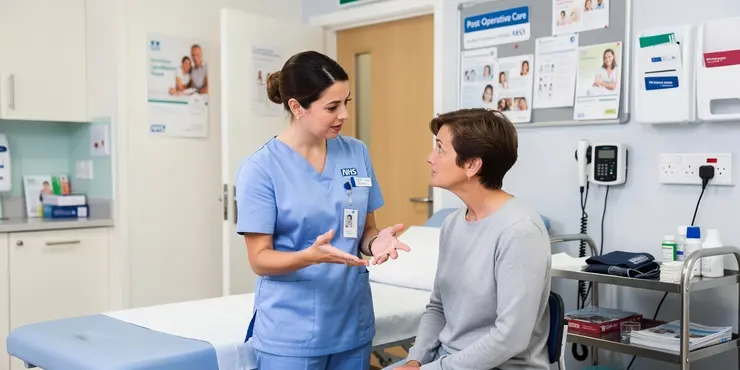
Will I need a follow-up visit after my hair transplant in Turkey?
Relevance: 34%
-
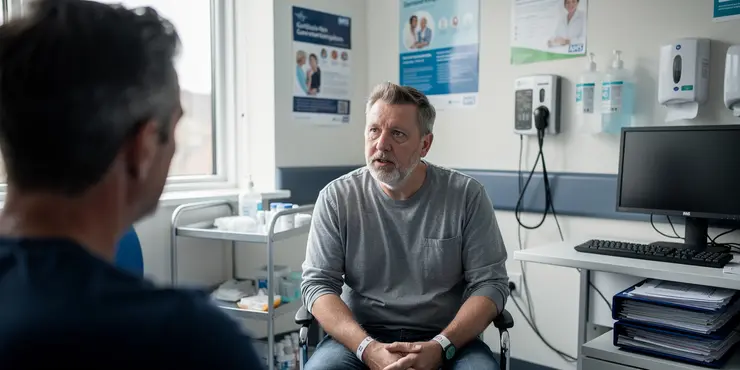
Kidney transplant waiting stories – DJ Ace and Lauren | NHS Organ Donation
Relevance: 34%
-
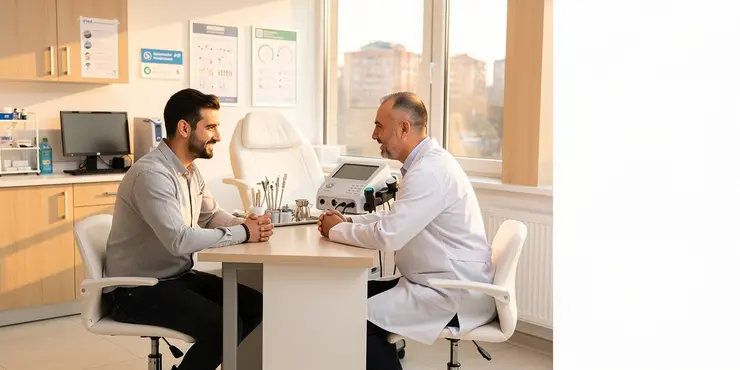
Is language a barrier for a hair transplant in Turkey?
Relevance: 32%
-
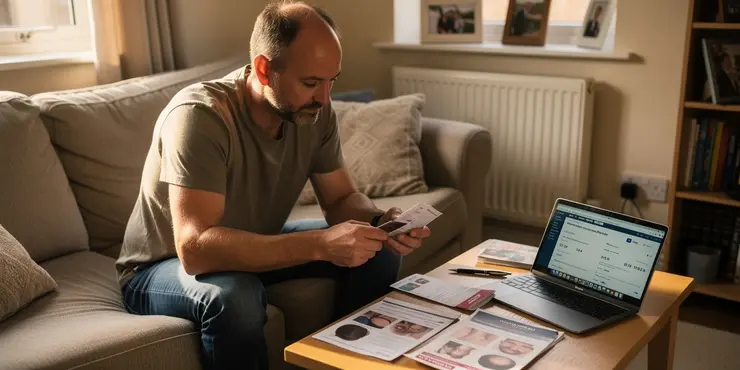
Do I need a visa for a hair transplant in Turkey?
Relevance: 27%
-
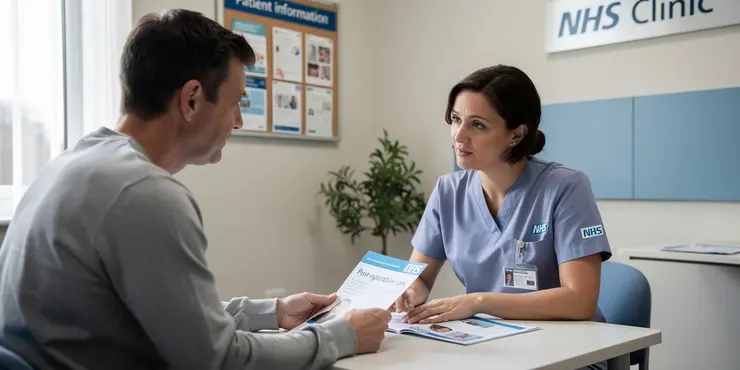
How soon can I return to work after a hair transplant in Turkey?
Relevance: 22%
-

What complications can arise from untreated hypotony?
Relevance: 17%
-
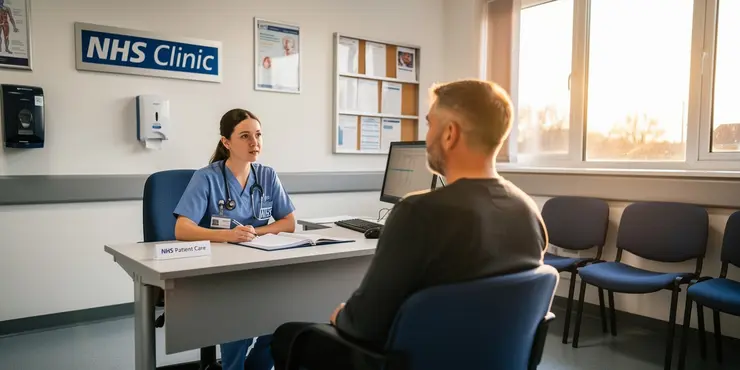
Chronic kidney disease: What are the treatments?
Relevance: 16%
-
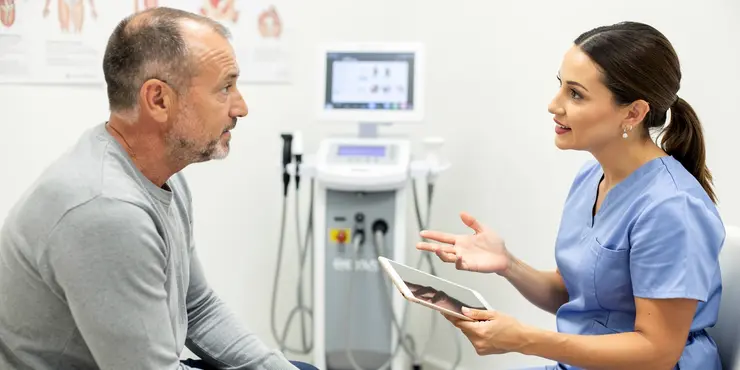
Why is Turkey a popular destination for hair transplants?
Relevance: 16%
-
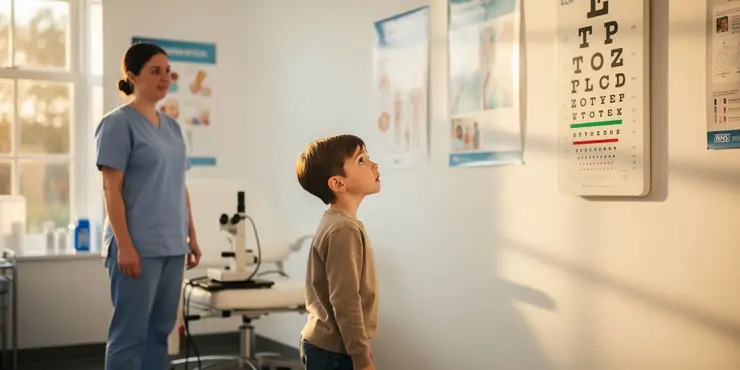
What is Short-Sightedness?
Relevance: 15%
-
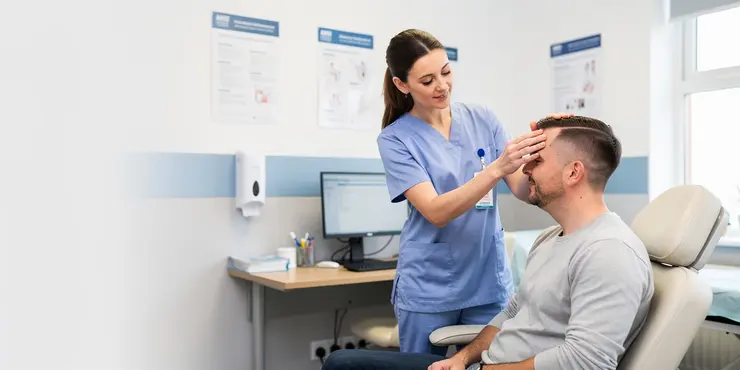
What is the recovery time after a hair transplant in Turkey?
Relevance: 15%
-
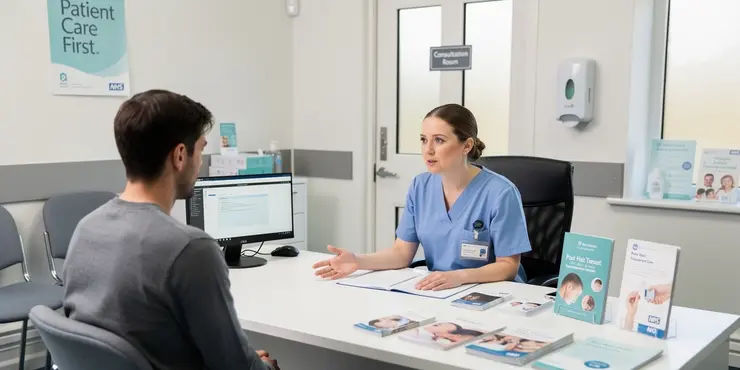
What should I expect after my hair transplant in Turkey?
Relevance: 15%
-
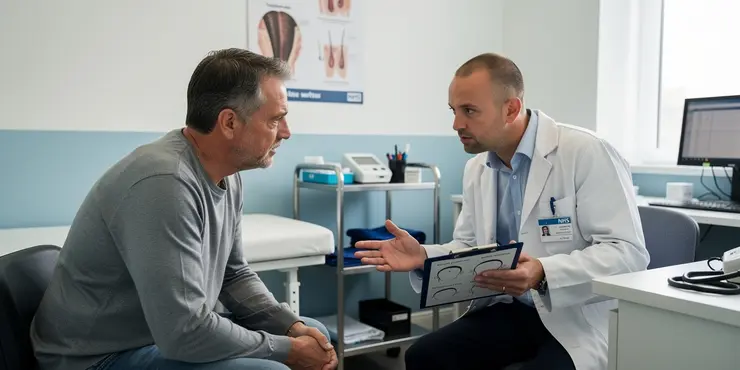
Can foreigners easily travel to Turkey for a hair transplant?
Relevance: 15%
-
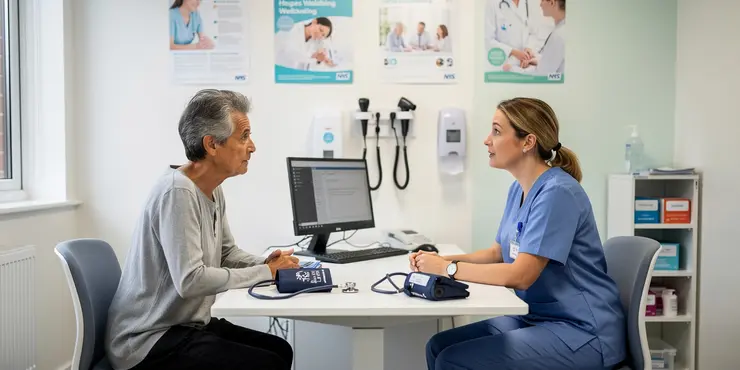
How do I choose the right clinic for a hair transplant in Turkey?
Relevance: 15%
-
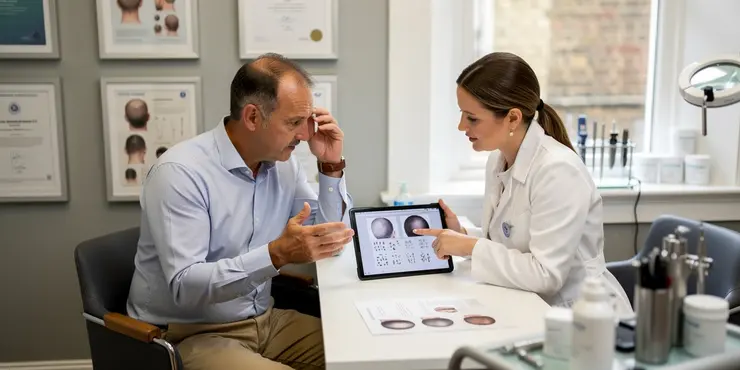
What number of grafts do I need for my hair transplant in Turkey?
Relevance: 15%
-
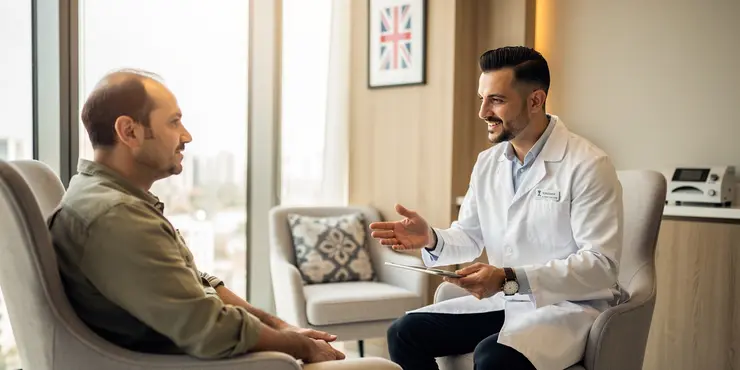
Will I feel pain during the hair transplant procedure in Turkey?
Relevance: 15%
-
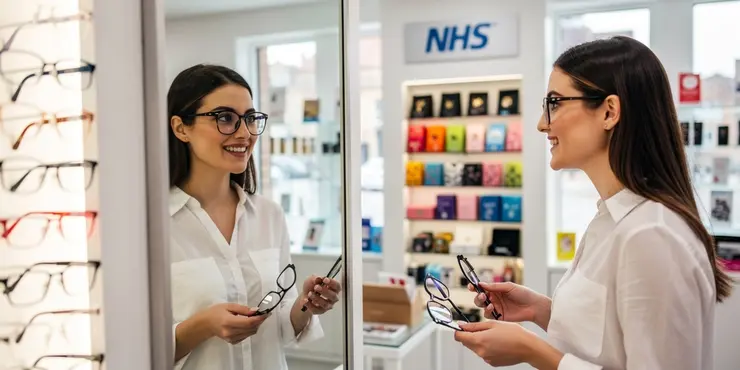
I'm Short-sighted, What Is The Best Option For Me?
Relevance: 14%
-
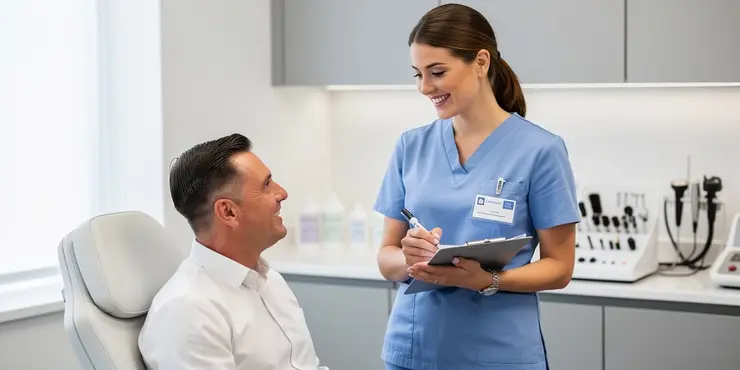
How long does a hair transplant procedure take in Turkey?
Relevance: 14%
-
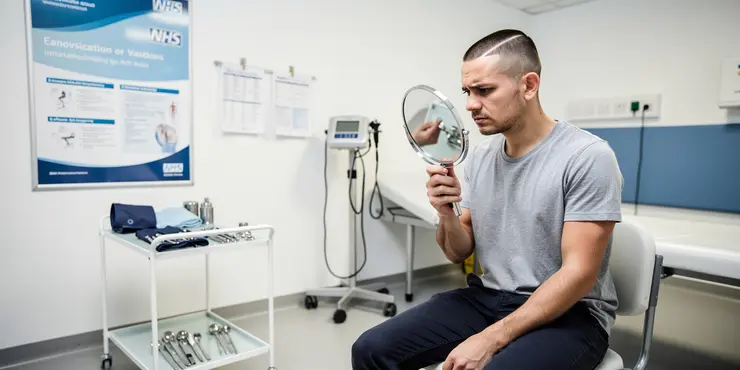
What should I do if I encounter problems after my hair transplant in Turkey?
Relevance: 14%
-
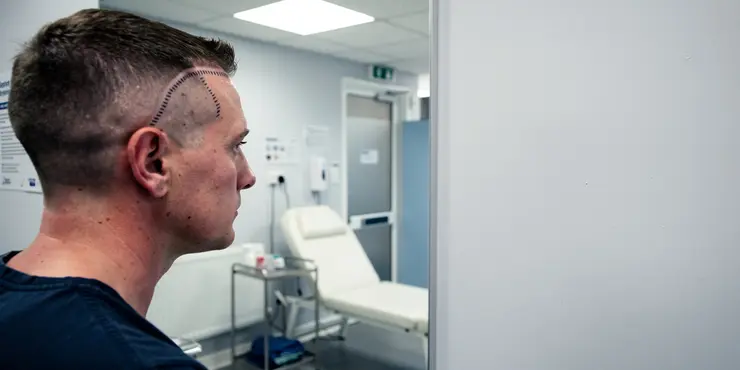
When will I see the final results of my hair transplant from Turkey?
Relevance: 14%
-
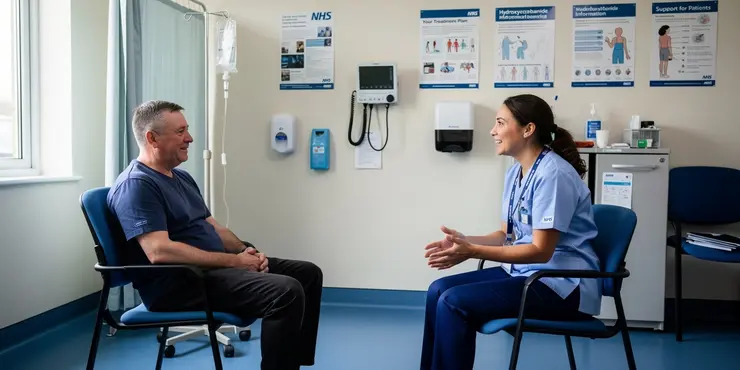
How is sickle cell disease treated?
Relevance: 13%
-
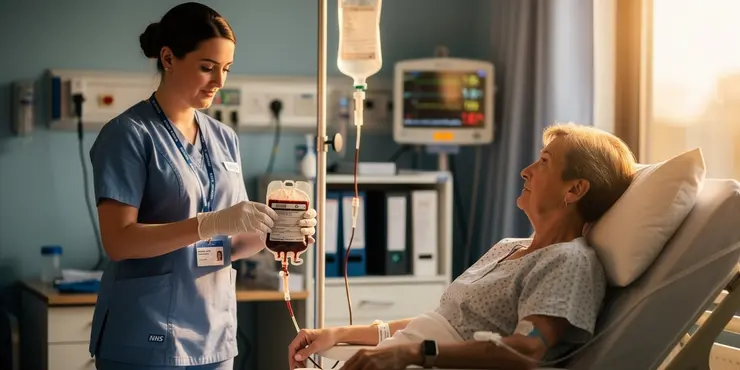
Can cytomegalovirus (CMV) be spread through transfusions?
Relevance: 13%
-
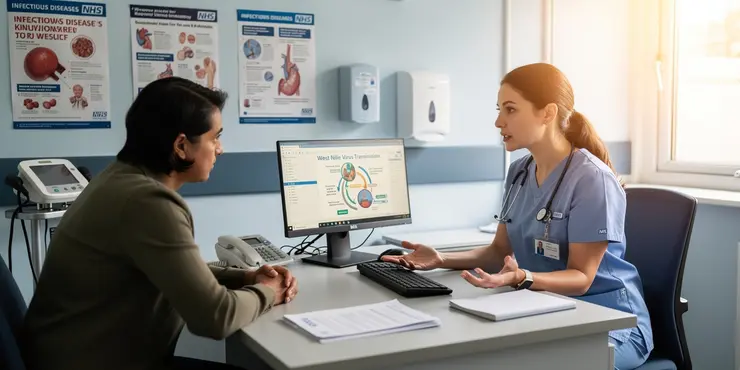
Can West Nile Virus spread through blood transfusions or organ transplants?
Relevance: 12%
-

Can hypotony affect vision?
Relevance: 12%
-
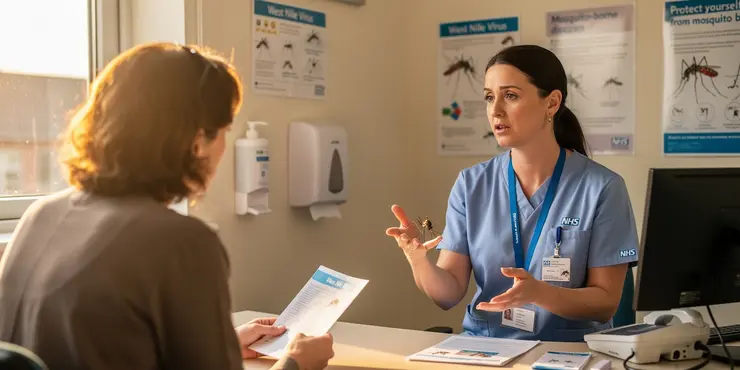
How is West Nile Virus transmitted?
Relevance: 12%
Cornea Transplant - Your Journey
Introduction
A cornea transplant, also known as a corneal graft, is a surgical procedure that replaces part of your cornea with corneal tissue from a donor. This treatment is essential for those whose cornea has been damaged by disease, infection, or injury. For patients in the United Kingdom, accessing healthcare for corneal transplants is facilitated by the NHS and private health facilities.Understanding the Cornea
The cornea is the eye's clear, dome-shaped front surface that plays a crucial role in focusing light. When it becomes damaged or diseased, vision can be significantly compromised. Conditions like keratoconus, corneal scarring, or infections may necessitate a corneal transplant.Types of Cornea Transplants
There are several different types of cornea transplants:- Penetrating Keratoplasty (PK): This is a full-thickness transplant where the entire cornea is replaced with donor tissue.
- Anterior Lamellar Keratoplasty (ALK): This type involves replacing only the front and middle layers of the cornea.
- Endothelial Keratoplasty (EK): EK replaces the innermost layer of the cornea while preserving the outer layers.
The Procedure
During the surgery, which typically lasts 1-2 hours, local or general anesthesia is administered. The surgeon will remove the damaged part of your cornea and sew in the donor tissue. It is an intricate procedure that requires significant skill and precision.Recovery
Post-surgery, you'll have to wear an eye patch and use prescribed eye drops to prevent infection and control inflammation. Recovery time varies, but initial healing usually takes several weeks, while complete recovery can take up to a year. Regular follow-up appointments are essential to monitor your healing process and ensure the transplant is successful.Risks and Outcomes
Like any surgical procedure, corneal transplants carry risks such as infection, graft rejection, and increased intraocular pressure. However, these are relatively rare, and the procedure has a high success rate, with many recipients experiencing significantly improved vision.Accessing Treatment in the UK
In the United Kingdom, corneal transplants are often performed in specialized eye hospitals or clinics. The NHS provides corneal transplant surgery at no direct cost to patients. Alternatively, private healthcare options are available, offering possibly shorter waiting times and additional choices in selecting surgeons and facilities.Conclusion
A cornea transplant can be a life-changing procedure for those with severe corneal damage. With advanced medical care available in the UK, patients can look forward to a significant improvement in their quality of life through restored vision. Always consult with your ophthalmologist to understand the best options for your specific condition.Cornea Transplant - Your Journey
Introduction
A cornea transplant is an operation to fix your eye. This surgery swaps the damaged part of your eye with healthy tissue from another person. People might need this if their eye is hurt by sickness, infection, or injury. In the UK, doctors in both the NHS and private clinics can help you with this.Understanding the Cornea
The cornea is the clear, round front part of your eye. It helps you see by focusing light. If it gets hurt or sick, it can make it hard to see clearly. Problems like keratoconus or infections might mean someone needs a cornea transplant.Types of Cornea Transplants
There are different kinds of cornea transplants:- Penetrating Keratoplasty (PK): The whole cornea is replaced.
- Anterior Lamellar Keratoplasty (ALK): Only the top and middle parts of the cornea are replaced.
- Endothelial Keratoplasty (EK): Only the inside layer of the cornea is replaced.
The Procedure
The surgery takes 1-2 hours. You will get medicine to make you sleep or not feel pain. The doctor will take out the damaged part and sew in the new one. It is a very careful and skilled job.Recovery
After surgery, you will wear an eye patch and take special eye drops. This helps prevent infection and swelling. You start to heal in a few weeks, but full recovery can take up to a year. You need to visit the doctor to make sure you are healing well.Risks and Outcomes
All surgeries have risks. For cornea transplants, these might include infection or the body rejecting the new cornea. But these problems are not common, and many people see much better after the surgery.Accessing Treatment in the UK
In the UK, you can get this surgery at special eye hospitals or clinics. The NHS does it at no cost to you. Private clinics are another choice if you want to select your doctor or get treated faster.Conclusion
A cornea transplant can really help if your cornea is badly hurt. The surgery can make your sight much better. Doctors in the UK can provide great care. Talk to your eye doctor to find out what is best for your eyes.Frequently Asked Questions
What is a cornea transplant?
A cornea transplant, also known as keratoplasty, is a surgical procedure to replace part of your cornea with corneal tissue from a donor.
Why might I need a cornea transplant?
You might need a cornea transplant if your cornea is damaged due to injury, infection, or diseases such as keratoconus, which cause vision impairment.
How do I know if I'm a candidate for a cornea transplant?
Your ophthalmologist will conduct a thorough examination and discuss your medical history to determine if you're a candidate for a cornea transplant.
How long does the cornea transplant procedure take?
The cornea transplant surgery typically takes about one to two hours, although this can vary based on the complexity of the case.
What type of anesthesia is used during a cornea transplant?
Cornea transplant surgery is usually performed under local anesthesia with sedation, although general anesthesia may be used in some cases.
What can I expect during recovery from a cornea transplant?
Recovery includes follow-up visits with your ophthalmologist, using prescribed eye drops, and avoiding strenuous activities that could put pressure on your eye. Vision improvement may take several months.
Are there risks associated with cornea transplants?
As with any surgery, there are risks such as infection, rejection of the donor cornea, and issues with eye pressure. Your surgeon will discuss these risks with you in detail.
How successful are cornea transplants?
Cornea transplants have a high success rate, with the majority of patients experiencing improved vision. The success rate can vary based on individual conditions and overall health.
Will I need to take medication after a cornea transplant?
Yes, you will likely need to use antibiotic and anti-inflammatory eye drops for several months after the surgery to prevent infection and control inflammation.
Can both eyes be treated with cornea transplants?
Yes, both eyes can be treated, but usually not at the same time. The surgeries are often spaced apart to allow each eye adequate healing time.
What are the signs of cornea transplant rejection?
Signs of rejection include redness, pain, sensitivity to light, and a decrease in vision. It is important to contact your ophthalmologist immediately if you experience any of these symptoms.
How soon can I return to normal activities after a cornea transplant?
Recovery time varies, but most people can return to their normal activities within a few weeks. Your doctor will give you specific guidelines based on your progress.
Will I need glasses or contact lenses after a cornea transplant?
You may still need glasses or contact lenses after a cornea transplant to achieve the best possible vision, as the overall shape of your eye can affect your visual outcome.
Is it possible to have multiple cornea transplants in my lifetime?
Yes, it is possible to have more than one cornea transplant if necessary. However, the success of subsequent transplants may decrease with each procedure.
How do I find a qualified surgeon for a cornea transplant in the UK?
You can find a qualified surgeon by getting a referral from your GP, checking with the NHS, or looking for specialists through reputable medical organisations in the UK.
What is a cornea transplant?
A cornea transplant is an operation. It helps fix the front part of your eye.
The cornea is the clear part at the front of your eye. It helps you see. If it is not working well, you might need a cornea transplant.
A doctor gives you a new cornea from a person who has died. This can help you see better.
It is important to talk to your doctor. They will explain what happens during the operation.
You can use tools like audiobooks or read-aloud apps if you find reading hard.
A cornea transplant is an operation to fix your eye. It is also called keratoplasty. A doctor takes a small part of your eye called the cornea and replaces it with a healthy piece from someone else.
Why might I need a cornea transplant?
You might need a cornea transplant if your eye's clear front part is not working well. The cornea helps you see clearly. If it is damaged, it can make seeing hard. Here are some reasons why:
- Your cornea is scarred or hurt.
- Your cornea is swollen or thin.
- Your cornea has an infection.
If you have trouble understanding words, you can use pictures or ask someone to help explain. Talking to a doctor can also help you learn more.
You might need a new cornea if your eye is hurt. This can happen from an accident, an infection, or eye problems like keratoconus. These problems can make it hard to see.
Can I have a cornea transplant?
Your eye doctor will look at your eyes carefully. They will also talk to you about your health. This will help them decide if you can have a cornea transplant.
How long does a cornea transplant take?
A cornea transplant is an operation to fix your eye. It usually takes about 1 or 2 hours.
If you find reading hard, you can ask someone to help you. Listening to audiobooks or using apps that read text out loud can also be helpful.
The surgery to fix the eye's cornea usually takes 1 to 2 hours. This time might be different if the surgery is more difficult.
What kind of medicine is used to help you sleep during a cornea transplant?
When you get a cornea transplant, doctors give you medicine so you don't feel pain.
This special medicine makes you sleep and not wake up until the surgery is done.
You can ask the doctor to explain this to you.
You can also ask someone to help you understand the information.
During a cornea transplant, doctors usually make the eye numb, so it doesn't hurt, and give medicine to help the person relax. Sometimes, the doctors make the person sleep completely during the surgery.
What happens after a cornea transplant?
Here is what you can expect after a cornea transplant:
- Rest your eyes. Relax and take it easy.
- Your doctor will give you eye drops. Use them as told.
- Your vision may be blurry at first. It will get better.
- Go to all your doctor check-ups.
Here are some tips to help you feel better:
- Wear an eye patch if your doctor says so. It helps protect your eye.
- Ask someone to help read things if needed.
- Use large print books or audiobooks.
- Tell people around you what you need.
Always follow your doctor's advice. If you feel worried or if something does not feel right, call your doctor.
Getting better after your eye treatment means going back to see your eye doctor, using special eye drops they give you, and not doing hard activities that can hurt your eye. Your eyesight might get better slowly, and it can take a few months.
Is it safe to have a cornea transplant?
When you have surgery, there can be problems. These problems include getting an infection, your body not accepting the new cornea, and changes in eye pressure. Your doctor will talk to you about these problems.
If it is hard to read this, you can use tools to help you. Read Aloud apps can read the text out loud for you. You can also use colored overlays or enlarged text to make reading easier.
Do cornea transplants work well?
When doctors give someone a new cornea, it often works really well. A cornea is the clear, front part of the eye. It helps people see better when it is healthy.
Most people who get a new cornea can see much better afterward. The new cornea stays healthy in many cases.
If you or someone you care for is getting a cornea transplant, you can:
- Ask the doctor lots of questions about the transplant.
- Write down what the doctor says to help remember.
- Use pictures or videos to understand better.
Cornea transplants usually work well. Most people see better after having one. How well it works can change depending on the person and how healthy they are.
Will I need medicine after a cornea transplant?
If you have a cornea transplant, you might need to take medicine. This medicine helps your eye heal. It stops your body from fighting the new cornea.
Here are some things that can help you:
- Ask your doctor questions if you are not sure about the medicine.
- Use reminders on your phone to take your medicine on time.
- Use a calendar to track your medicine schedule.
Yes, you will probably need to use eye drops after your surgery. These help stop infection and swelling. You might use them for a few months.
Here are some helpful tips:
- Ask someone to help you put the eye drops in.
- Set a reminder so you don’t forget to use the drops.
- Tell your doctor if you feel any pain or have questions.
Can you fix both eyes with new corneas?
You might need new corneas for your eyes. A doctor can help with this by doing a special operation called a cornea transplant.
Both eyes can get new corneas if they need them. But, doctors usually do this one eye at a time. This way, you can use your other eye to see while the first eye heals.
If you are worried, talk to your doctor. They can explain more and help you feel better.
Yes, both eyes can get better. But usually, the doctor helps one eye first. After it gets better, they help the other eye. This gives each eye time to rest and heal.
How can you tell if a cornea transplant is not working?
If your eye is hurt or sore, gets red, can't handle bright light, or if you can't see as well, these might be signs something is wrong. If you notice any of these problems, tell your eye doctor right away.
When can I start doing my normal things after a cornea transplant?
How long it takes to get better can be different for each person. Most people can go back to doing what they usually do after a few weeks. Your doctor will tell you what you need to do to get better, and will check how you are doing.
Will I need glasses or contact lenses after a cornea transplant?
After a cornea transplant, you might need glasses or contact lenses to see clearly. Your doctor will tell you if you need them. Glasses help you see better if your eyes can’t focus well.
If you find reading hard, here are some things that might help:
- Audio Books: Listen to books instead of reading.
- Magnifiers: Use a magnifying glass to make words bigger.
- Text-to-Speech Tools: Use apps that read text out loud.
After a cornea transplant, you might still need to wear glasses or contact lenses to see as well as possible. This is because the shape of your eye can change how you see.
Can I have more than one cornea transplant in my life?
Yes, it is possible to have more than one cornea transplant. A cornea transplant is when a doctor replaces the clear, front part of your eye. If needed, you can have another transplant later. Talk to your doctor about what is best for you.
You can use pictures or diagrams to help understand the process better. It's also good to talk to someone who has had a cornea transplant.
Yes, you can have more than one cornea transplant if needed. But each time you have a transplant, the chances of it working might go down.
How can I find a good eye doctor for a cornea transplant in the UK?
Do you need an eye operation? A cornea transplant is when you get a new part for your eye. You need a good eye doctor for this.
Here’s how you can find one:
- Ask your family doctor for help. They can tell you who is good.
- Look at the NHS website. They have a list of eye doctors.
- Ask people you know if they have a good eye doctor.
- Check if the doctor is a part of the Royal College of Ophthalmologists. This shows they are trained well.
- Read reviews online, but be careful. Sometimes not all reviews are true.
If you find it hard to read, ask someone you trust to help you. They can help you call doctors and make appointments.
You can find a good doctor in a few simple ways. Ask your regular doctor to suggest one. You can also check with the NHS. Another way is to look for doctors through trustworthy health organisations in the UK.
Useful Links
This website offers general information and is not a substitute for professional advice.
Always seek guidance from qualified professionals.
If you have any medical concerns or need urgent help, contact a healthcare professional or emergency services immediately.
Some of this content was generated with AI assistance. We’ve done our best to keep it accurate, helpful, and human-friendly.
- Ergsy carfully checks the information in the videos we provide here.
- Videos shown by Youtube after a video has completed, have NOT been reviewed by ERGSY.
- To view, click the arrow in centre of video.
- Most of the videos you find here will have subtitles and/or closed captions available.
- You may need to turn these on, and choose your preferred language.
- Go to the video you'd like to watch.
- If closed captions (CC) are available, settings will be visible on the bottom right of the video player.
- To turn on Captions, click settings .
- To turn off Captions, click settings again.
More Items From Ergsy search
-
Cornea transplant - Your journey
Relevance: 100%
-

Cornea transplant patient Information
Relevance: 99%
-

Having a kidney transplant
Relevance: 42%
-

Hair Transplants in Turkey
Relevance: 41%
-

Bernard's Story - Lung Transplant
Relevance: 40%
-

Are hair transplants in Turkey safe?
Relevance: 39%
-

Patient Stories - Having a kidney transplant
Relevance: 39%
-

Matthew's Story: Kidney Transplant - Part 1
Relevance: 38%
-

Liver transplant - Patient experience - Part 1 (Colin)
Relevance: 37%
-

What is the cost of a hair transplant in Turkey?
Relevance: 37%
-

Liver transplant - Patient experience - Part 2 (Lynne)
Relevance: 37%
-

What are the risks associated with hair transplants in Turkey?
Relevance: 37%
-

What techniques are used for hair transplants in Turkey?
Relevance: 36%
-

Heart-lung transplant patient shares her story
Relevance: 36%
-

How should I prepare for a hair transplant in Turkey?
Relevance: 35%
-

How long should I stay in Turkey for my hair transplant?
Relevance: 35%
-

Will I need a follow-up visit after my hair transplant in Turkey?
Relevance: 34%
-

Kidney transplant waiting stories – DJ Ace and Lauren | NHS Organ Donation
Relevance: 34%
-

Is language a barrier for a hair transplant in Turkey?
Relevance: 32%
-

Do I need a visa for a hair transplant in Turkey?
Relevance: 27%
-

How soon can I return to work after a hair transplant in Turkey?
Relevance: 22%
-

What complications can arise from untreated hypotony?
Relevance: 17%
-

Chronic kidney disease: What are the treatments?
Relevance: 16%
-

Why is Turkey a popular destination for hair transplants?
Relevance: 16%
-

What is Short-Sightedness?
Relevance: 15%
-

What is the recovery time after a hair transplant in Turkey?
Relevance: 15%
-

What should I expect after my hair transplant in Turkey?
Relevance: 15%
-

Can foreigners easily travel to Turkey for a hair transplant?
Relevance: 15%
-

How do I choose the right clinic for a hair transplant in Turkey?
Relevance: 15%
-

What number of grafts do I need for my hair transplant in Turkey?
Relevance: 15%
-

Will I feel pain during the hair transplant procedure in Turkey?
Relevance: 15%
-

I'm Short-sighted, What Is The Best Option For Me?
Relevance: 14%
-

How long does a hair transplant procedure take in Turkey?
Relevance: 14%
-

What should I do if I encounter problems after my hair transplant in Turkey?
Relevance: 14%
-

When will I see the final results of my hair transplant from Turkey?
Relevance: 14%
-

How is sickle cell disease treated?
Relevance: 13%
-

Can cytomegalovirus (CMV) be spread through transfusions?
Relevance: 13%
-

Can West Nile Virus spread through blood transfusions or organ transplants?
Relevance: 12%
-

Can hypotony affect vision?
Relevance: 12%
-

How is West Nile Virus transmitted?
Relevance: 12%


